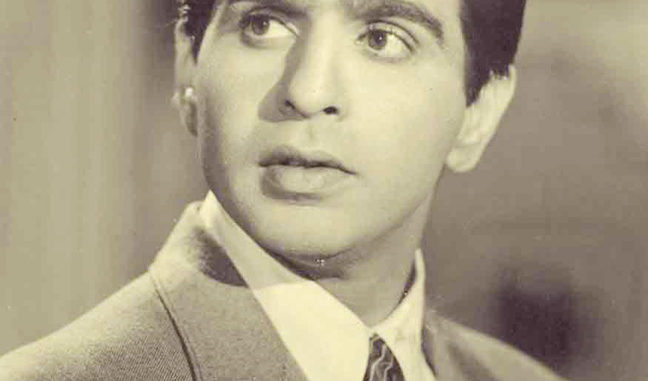
The passing of Dilip Kumar, the king of melancholia on the silver screen, signals the final break from the early days of Hindi film ‘talkies’, when actors were beginning to shed the exaggerated theatricality of stage drama and learning to love the camera. In the 1930s and 1940s, Ashok Kumar, Motilal Rajvansh and Balraj Sahni were among the handful of actors taking pioneering steps towards natural, realistic acting. They were eschewing the preceding style that — with its hand-waving, over the top gestures and facial expressions — seemed affected and artificial. Then came Dilip Kumar, the Pathan from Peshawar, who went a step further, deep into the skin of the character he was playing. He didn’t make a mark in his earliest movies, but collaborating with Nitin Bose in 1946 proved a turning point. He began to develop the finer nuances of his craft and, in his own words, ‘evolved a method’ — a method actor without training.
Through the 1940s to 1960s, in a newly-independent country brimming with hope but grappling with new challenges, Dilip Kumar played an impressive range of characters — a dapper young man in Andaz, a farmer in Mela and Naya Daur, an unbounded adventurer in Azaad and Kohinoor, the prince in Mughal-e-Azam, a dacoit in Ganga Jamuna. But the role that epitomized his ‘Tragedy King’ persona was as Devdas in Bimal Roy’s film of the same name in 1955. Deep-diving into tragic characters caused him to be depressed, and the light-hearted, swashbuckling roles he played in the mid-1950s were part of efforts to cheer his spirits.
By the 1970s, with Dilip Kumar in his 50s, his charm as the leading man began to fade and he made an impressive transition into character roles — the most memorable role of this phase was as a police officer in Shakti (1982), in which he is clearly the giant among Amitabh Bachchan, Smita Patil and Kulbhushan Kharbanda. His brooding style, however, began to seem dated by the time he did his final films. He long outlived his two foremost rivals and friends, Raj Kapoor and Dev Anand — but at 98, it is time for the finest actor of his time to take the final bow.
(Tribune India)




Be the first to comment